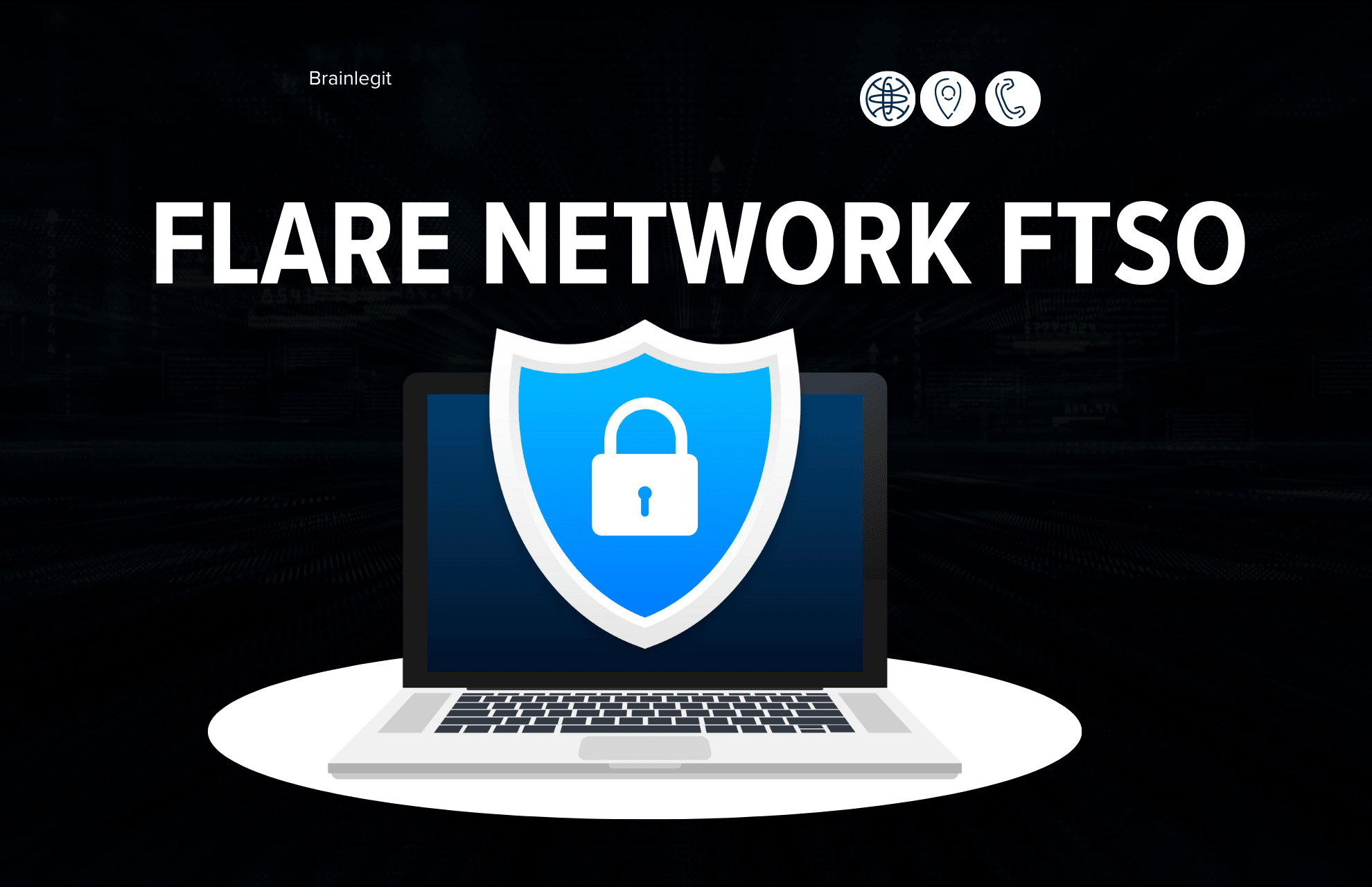Quantum computing is rapidly evolving from a theoretical concept to a field brimming with groundbreaking advancements. As tech giants like IBM, Google, and Microsoft continue to push the limits of data processing, we are entering a new era of computational power, far beyond the capabilities of classical computers. While still in the experimental phase, recent progress in quantum computing holds immense promise for industries ranging from cryptography to artificial intelligence.
### What Is Quantum Computing?
Quantum computing leverages the principles of quantum mechanics to process information in ways that classical computers cannot. Unlike traditional computers that rely on binary bits (0s and 1s), quantum computers use quantum bits, or qubits, which can represent both 0 and 1 simultaneously due to a phenomenon called superposition. This enables quantum computers to perform many calculations at once, potentially solving complex problems exponentially faster than classical computers.
### Breakthroughs in Quantum Computing
Over the past few years, several breakthroughs have made headlines, each advancing the field significantly:
1. **IBM's Quantum Roadmap**
IBM has been a leader in quantum computing, launching its **IBM Quantum System One**, which is accessible via the cloud. IBM's quantum roadmap aims to build quantum processors that can tackle real-world problems by the end of this decade. One of their key achievements has been creating quantum hardware with increased qubit stability and error correction, bringing us closer to more reliable quantum computers.
2. **Google's Quantum Supremacy**
Google made waves when it claimed to have achieved "quantum supremacy" in 2019, meaning their quantum computer could solve a problem that would take the world’s fastest classical computer thousands of years to complete. While the achievement has been contested, it marks a significant leap in demonstrating the potential of quantum technology.
3. **Microsoft's Quantum Algorithms**
Microsoft is focusing on developing robust quantum algorithms that can be applied to areas like materials science and pharmaceuticals. By simulating chemical reactions at a quantum level, Microsoft aims to revolutionize drug discovery, allowing scientists to model complex molecules that are too challenging for classical computers.
### Practical Applications
While we are still in the early stages of practical quantum computing, its potential applications are vast:
- **Cryptography**: Quantum computers have the potential to break current encryption methods, which could revolutionize cybersecurity. However, they also promise the development of new, quantum-resistant encryption techniques.
- **Artificial Intelligence**: Quantum computing can accelerate AI processes like machine learning and neural networks, allowing for more sophisticated AI models and faster data processing.
- **Materials Science**: By simulating molecular interactions at a quantum level, scientists can discover new materials with unprecedented properties. This could lead to breakthroughs in fields like energy storage, semiconductor design, and drug discovery.
### Challenges Ahead
Despite these exciting advancements, quantum computing still faces significant hurdles. Qubits are incredibly delicate and susceptible to environmental noise, leading to errors in calculations. Building scalable, error-corrected quantum computers remains one of the biggest challenges for researchers. Additionally, while quantum algorithms are advancing, practical applications for everyday use are still years away.
### The Future of Quantum Computing
Industry experts predict that by the end of the 2020s, we will see quantum computers integrated into industries that require massive computational power, such as finance, pharmaceuticals, and climate modeling. With governments and private companies heavily investing in quantum research, the race to develop practical quantum computers is accelerating.
As the technology matures, quantum computing is set to unlock new possibilities that could reshape entire industries, pushing the boundaries of what is possible in data processing and problem-solving.
For the latest updates on quantum computing and other technology advancements, stay tuned to [BrainLegit](https://www.brainlegit.com).









